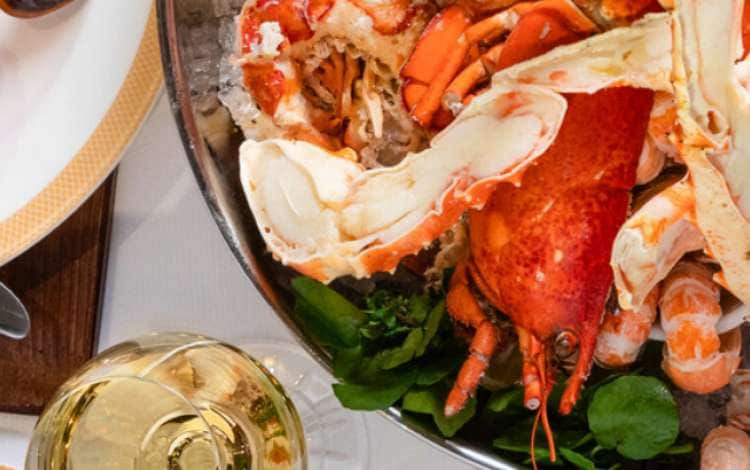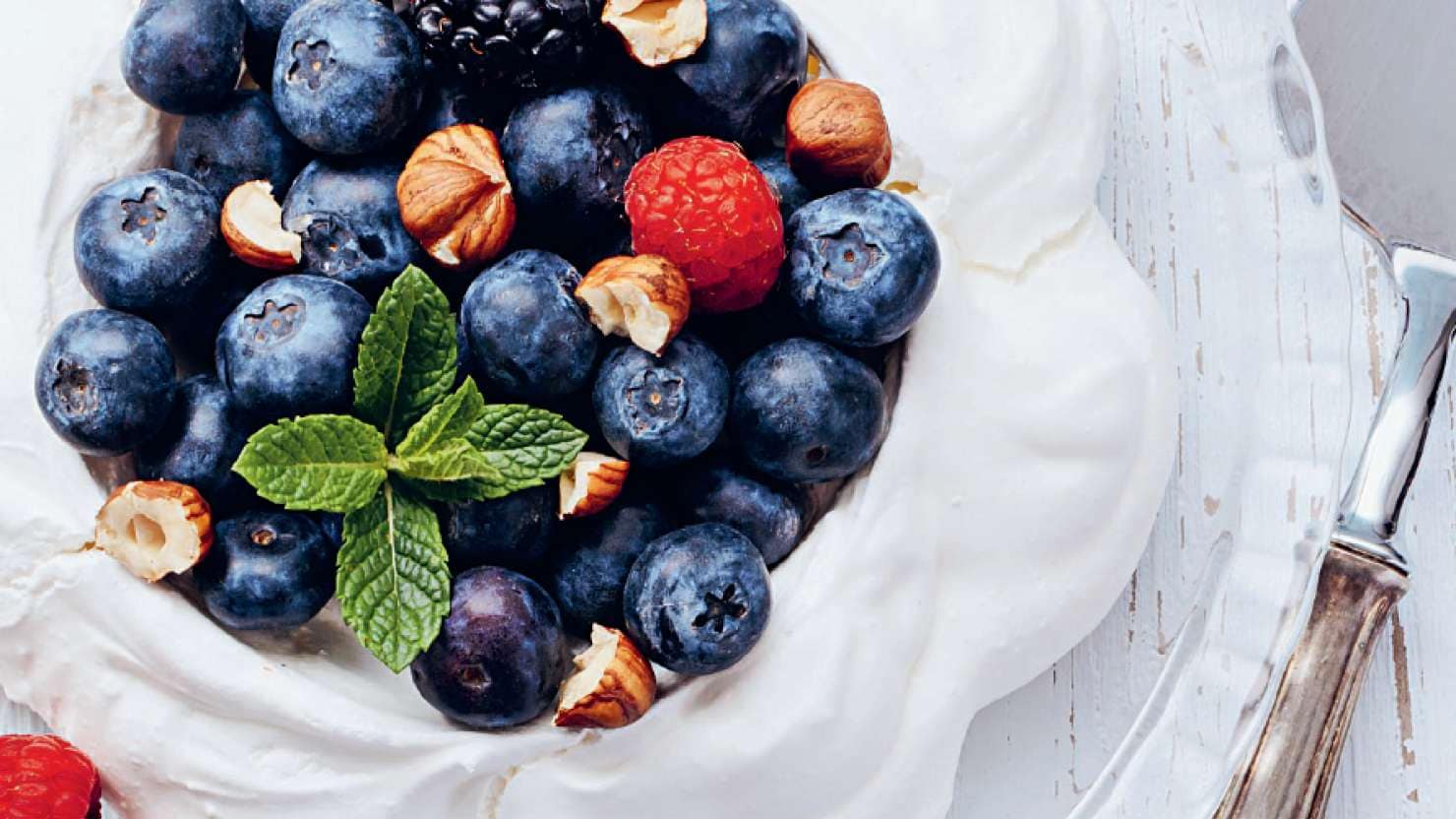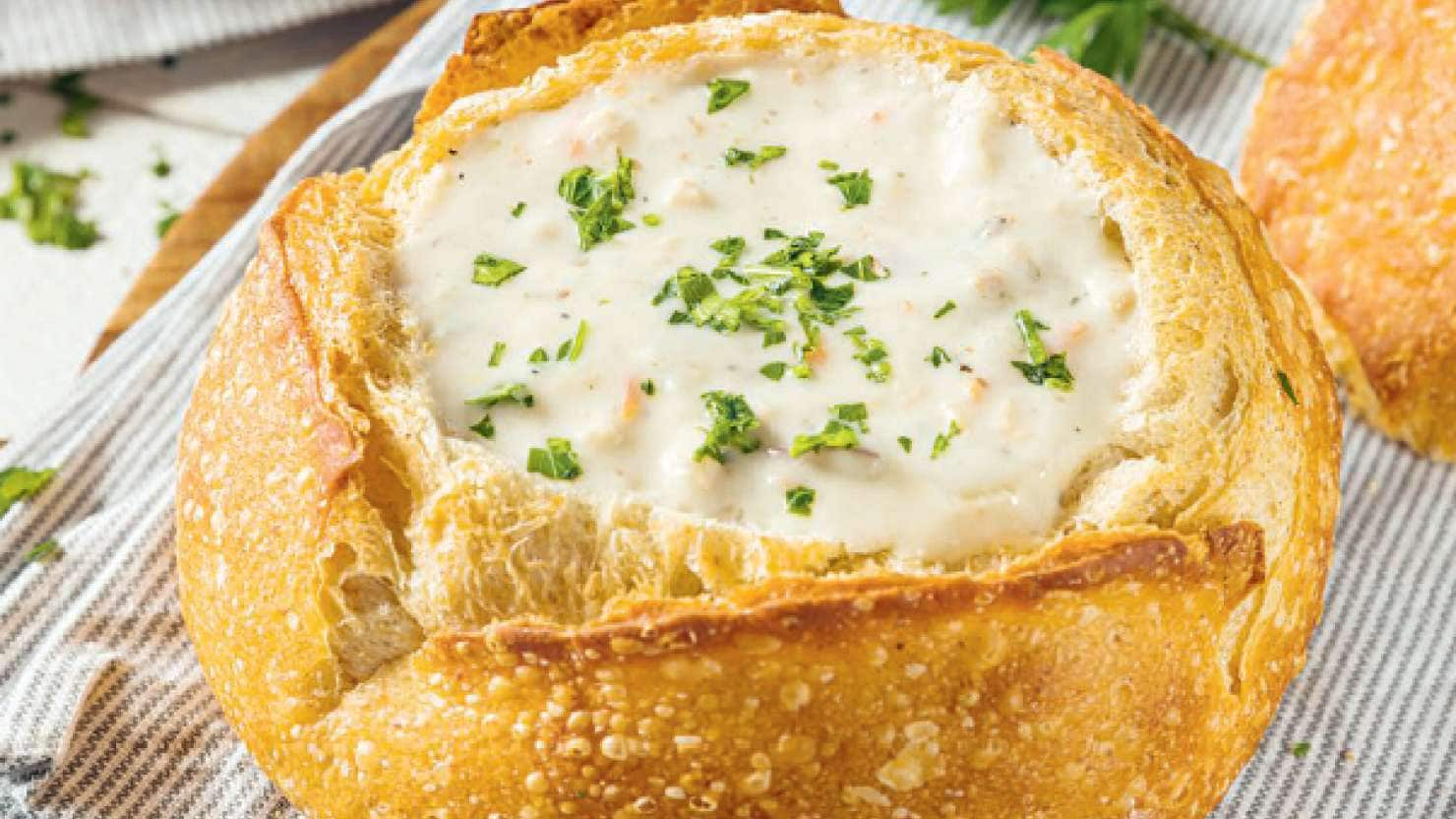Cunard presents The Mediterranean with Nathan Outlaw


Limoncello, the intensely lemony Italian liqueur, is made from lemon zest, pure grain alcohol and water. This traditional digestif is mainly produced in Southern Italy, especially around the Gulf of Naples, the Sorrentine Peninsula, Amalfi Coast and Sicily, where orchards are filled with a bounty of sunshine-hued fruit. It’s best homemade, and served chilled.
The Portuguese capital of Lisbon is the birthplace of Pastéis de Nata. These classic and irresistible custard tarts are encased in layer upon layer of crisp, flaky pastry and topped with cinnamon. Now found in bakeries across the globe, the story goes that a savvy monk sold the recipe to a bakery in the Belém district of Lisbon in 1834.

You’ll find fritule, the small but perfectly-formed donut-style pastries, in Croatia. Every region has its own version: travel down the Adriatic coast to discover new ingredients in your fritule sweet treat, such as raisins, grated lemon or orange rind, and rakia, a local fruit brandy.
Greece has a multitude of islands, endless coastline and centuries of seafaring history, so it’s not surprising that calamari tops all the best menus at waterfront tavernas. When in season, calamari (squid) is the go-to dish, served grilled with a drizzle of olive oil, lemon juice and herbs.

Peking Duck (Beijing kăoyā) is Beijing’s most famous dish. Dating back to the Yuan Dynasty in the 13th century, the royal secret only broke out in the 1900s when former imperial cooks first roasted the crispy-skinned, juicy delicacy at restaurants outside the palace walls.
Tradition sees this dish served with a pile of soft pancakes, slithers of cucumber, spring onion and fermented bean paste, and malt sugar is rubbed on the skin to achieve the glorious golden finish.
Pavlova, the sweet meringue dessert, was named after Russian prima ballerina Anna Pavlova when she visited New Zealand in the 1920s. Popular around the world, the crisp shell hides a heavenly soft centre, and is topped with cream and fruit, usually berries or kiwis.

Belgium’s love affair with cocoa is a long, passionate one that dates back to the 17th century, when explorers brought the magical beans to the country and the art of chocolate and praline making was born. Today, Belgium boasts an array of master chocolatiers who are devoted to their art, including Neuhaus, Pierre Marcolini and, of course, Godiva.
To eat like a local in Iceland is to sample skyr (pronounced ‘skee-er’), a thick and creamy cultured dairy product that resembles yogurt, but is technically a type of fresh cheese. This fat-free, calcium- and protein-rich Viking superfood is almost as famous an export as Björk, and is made from one of the country’s oldest recipes.
Lovely with fresh fruit, its luscious texture also works well with savory flavours: think beef carpaccio with rocket and blueberry skyr sauce. Or how about a skyr made with dill and fresh herbs, served atop grilled Arctic char?
Clam chowder, the thick and comforting seafood soup, is a staple dish of New Englanders. Bursting with flavors and textures of shellfish, bacon and potatoes, it’s sometimes served in a hollowed-out bread roll or with croutons, and has myriad variations.
Thought to be named after the cauldron it was cooked in, chowder provided hearty fare for sailors in the 1800s: it was even written about in Moby Dick.
Cunard's version of Alaskan fish chowder is served on Queen Elizabeth each year as she visits the glaciers and bays of Alaska.

of
Unlock instant access to limited time cruise deals, special offers, insider tips and more.